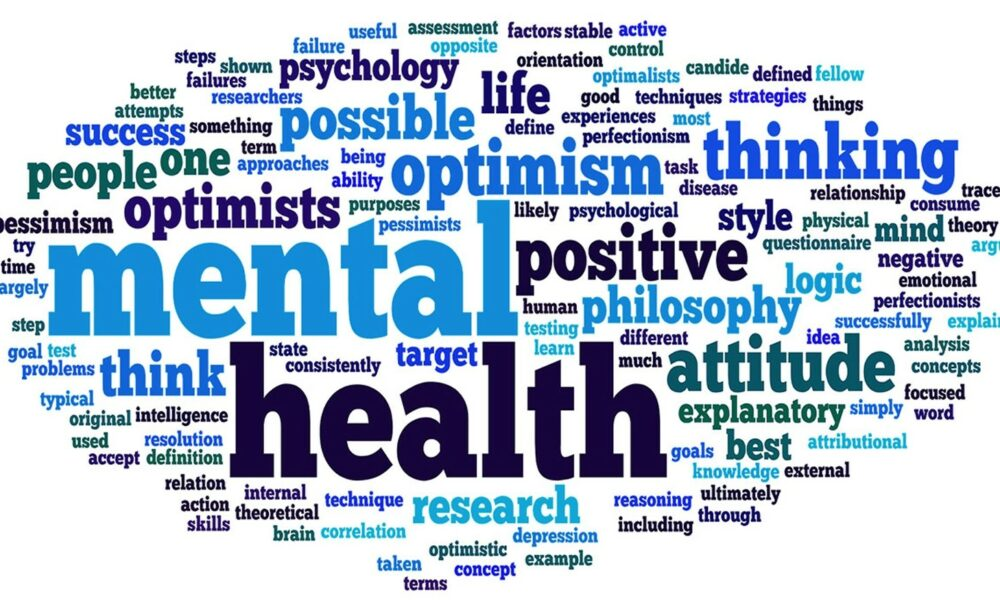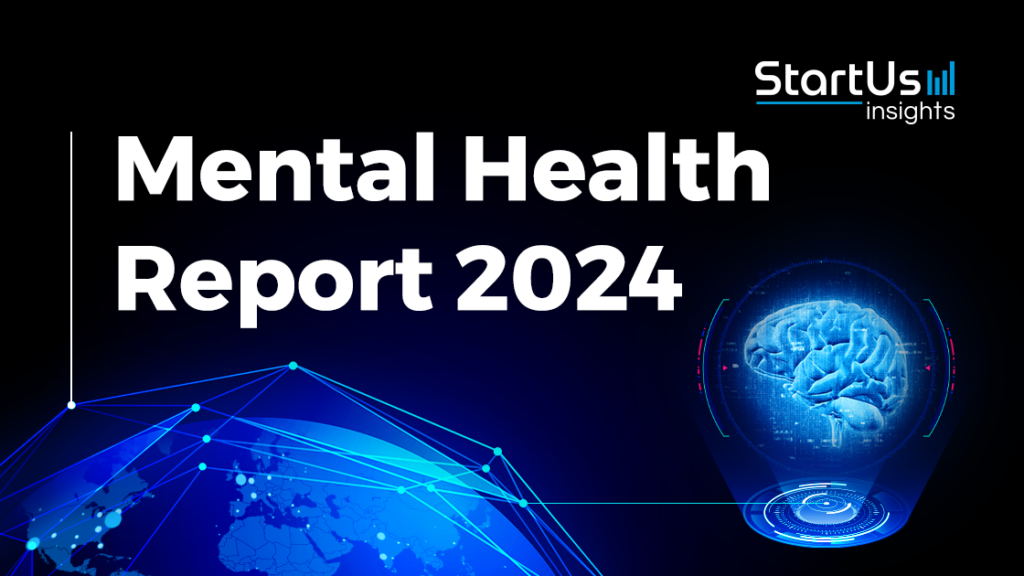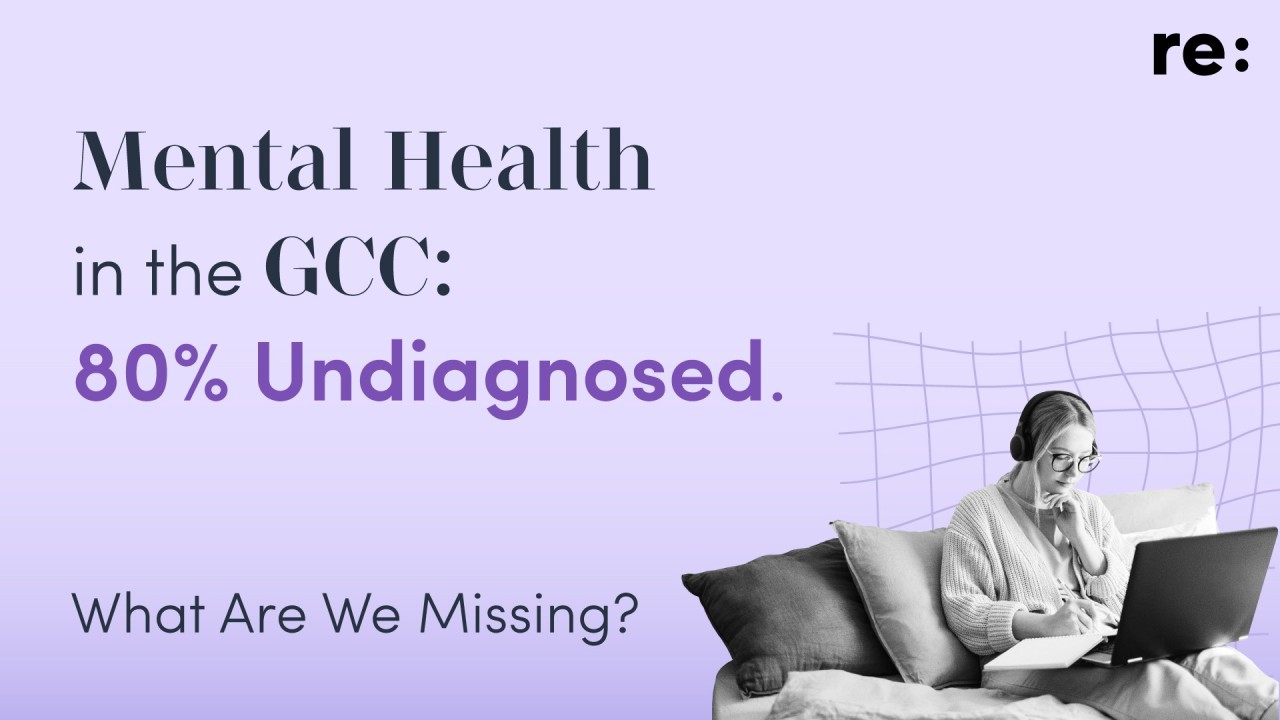Mental health gaps in Gulf lifestyle are emerging as a critical issue in 2024, according to a growing number of experts, psychologists, and regional health professionals. Behind the glamorous high-rise cities, luxury living, and rapid economic growth of Gulf countries, there is a silent mental health crisis unfolding, especially among youth, professionals, and women.
The Gulf Cooperation Council (GCC) countries—Saudi Arabia, UAE, Qatar, Kuwait, Oman, and Bahrain—have made significant strides in development and modernization. However, mental health experts now warn that social expectations, work culture, and fast-paced lifestyles are creating emotional strain that is going unaddressed.
Rising Mental Health Challenges in the Gulf

In the last few years, data from local health organizations and independent surveys has shown an increase in cases of anxiety, depression, burnout, and substance abuse, especially among young adults and working professionals. Despite this, mental health remains a taboo topic in many Gulf societies, leading to underreporting and untreated conditions.
Dr. Leena Mahdi, a psychiatrist based in Dubai, says, “Many Gulf residents suffer in silence because they fear being judged. The stigma around mental health prevents people from seeking help.”
The issue of mental health gaps in Gulf lifestyle is not only a medical concern but also a social and cultural challenge. While physical health is often prioritized, mental well-being is still not seen as equally important in many households and workplaces.
7 Reasons Why Experts Are Concerned
Experts have identified seven key reasons why mental health gaps in Gulf lifestyle are becoming a major problem:
- Work Pressure and Long Hours: Many professionals in the Gulf face intense competition, long working hours, and unrealistic performance expectations.
- Lack of Work-Life Balance: Due to demanding jobs, people have limited time for family, hobbies, or rest, increasing emotional fatigue.
- Cultural Stigma Around Therapy: Mental illness is often seen as a personal weakness or shame, leading people to hide their struggles.
- Social Media Pressure: Gulf residents are among the highest users of social media, which adds pressure to maintain a perfect image.
- Isolation in Expat Life: Many expats live far from family and lack emotional support systems, leading to loneliness.
- Gender-Based Stress: Women often face strict social rules while trying to keep up with modern demands, leading to emotional strain.
- Limited Mental Health Services: Despite some progress, there is still a lack of accessible and affordable mental health care.
Each of these factors contributes to the widening mental health gaps in Gulf lifestyle, which experts say can no longer be ignored.
Youth Mental Health Is at Risk
Teenagers and young adults in the Gulf are under increasing pressure to meet educational and social expectations. In countries like the UAE and Qatar, youth are growing up in high-performance academic environments. Parents often emphasize success, leaving little room for emotional conversations.
Mental health gaps in Gulf lifestyle affect students who silently battle stress and anxiety. In recent studies, over 40% of Gulf students admitted to feeling emotionally overwhelmed, but only 10% sought professional help.
Experts are calling for urgent intervention through school counseling programs, mental wellness workshops, and open family communication.
Why Women Are More Vulnerable
The rapid modernization of Gulf countries has allowed many women to enter the workforce and pursue higher education. However, this change also comes with its own stressors.
Many women are balancing careers, family duties, and cultural expectations. Some feel the burden of being judged if they prioritize their mental health. In conservative communities, talking about depression or anxiety can even lead to social isolation.
The mental health gaps in Gulf lifestyle are wider for women who feel trapped between tradition and progress, with very little emotional support.
Expat Community Faces Emotional Challenges
Expatriates form a large part of the Gulf population. While they contribute significantly to the region’s development, their mental health is often overlooked.
Long work hours, visa insecurities, homesickness, and lack of support networks are common issues. Many expats hesitate to access mental health services due to high costs or language barriers.
Experts warn that mental health gaps in Gulf lifestyle are especially harmful for low-income migrant workers who may suffer from depression, trauma, or anxiety but receive no psychological support.
Progress and Positive Signs

While the challenges are serious, there is progress being made. Governments in the Gulf are slowly recognizing the need to invest in mental health. For example:
- The UAE has launched national mental health policies and added wellness programs in schools.
- Qatar’s National Mental Health Strategy is creating more public awareness.
- Saudi Arabia has expanded mental health services in primary care clinics.
More public campaigns, affordable counseling services, and mental health education programs are being introduced. However, experts stress that this is just the beginning.
To truly close the mental health gaps in Gulf lifestyle, societies need to normalize therapy, create safe spaces for emotional expression, and train health professionals across all regions.
The Way Forward
Mental health should not be a hidden issue. Experts say that mental wellness must become part of the everyday conversation in Gulf societies.
Families should be encouraged to talk openly. Workplaces should promote emotional well-being. Schools should include emotional education in their curriculum.
Mental health gaps in Gulf lifestyle can only be reduced if the community, government, and healthcare providers work together. Ignoring this issue now could lead to a major public health crisis in the future.
Final Thoughts
Mental health gaps in Gulf lifestyle norms are no longer invisible. As more people suffer in silence, experts are raising alarms in 2024. Cultural shifts, high expectations, and emotional isolation are putting enormous strain on mental well-being.
The solution lies in education, support, and breaking the stigma. The Gulf region has the resources to become a leader in emotional health—but only if it acts now.
Also Read – Gulf Millennials Are Driving Major Lifestyle Shifts Toward Minimalism in 2025



